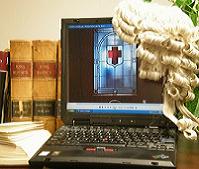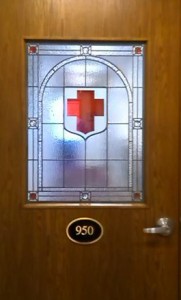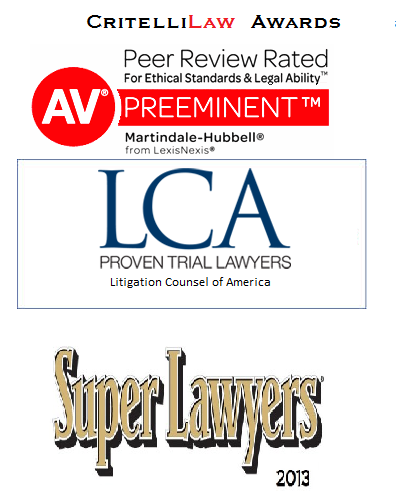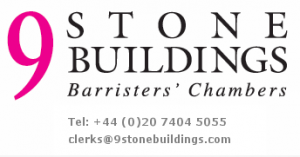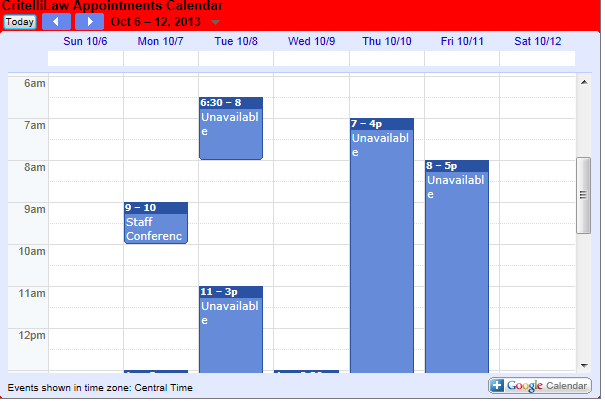New life for an old evidence rule
Feb 18th, 2009 | By critellilaw | Category: Practice Notes
There is one evidentiary rule that every lawyer knows, but rarely gets to implement: the “best evidence rule.” Found in Article X of the Federal Rules of Evidence and analogous state evidentiary rules, the rule was originally designed to provide a guarantee against inaccuracies and fraud by requiring that the original of a contract or other document be produced. Over the years it had for the most part been forgotten, until now.
As has been recently reported by the media, savvy homeowners are using the rule to delay foreclosure proceedings by requesting that the Court require lenders to produce the original promissory note which the mortgage secured. An entire “info-industry” has been created to assist homeowners in foreclosure proceedings in how to implement the best evidence rule–complete with YouTube videos and sample briefs.
Rule of Evidence 1002 states that “[t]o prove the content of a writing… an original is required, except as otherwise provided in these rules or by statute.” Under the evidentiary rules, an “original” of a writing is the writing itself or any counterpart intended to have the same effect by a person executing or issuing it. See Rule 1001(3). If the original is not available, then the party seeking to enforce the contract or document must seek to admit a duplicate. A “duplicate” is a counterpart produced by the same impression as the original. See Rule 1001(4). It also includes copies made by photography, mechanical or electronic means.
Duplicates are admissible to the same extent as an original unless there is a genuine question as to the authenticity of the original or in the “circumstances” it would be unfair to admit the duplicate in lieu of the original. Rule 1003. It would appear from reading the media reports that some judges are using this unfairness provision as the basis for their decision to require the original note.
Complying with such a request would at most delay the foreclosure proceedings. An original is not required if it can be shown that it had been lost or destroyed unless, of course, the party seeking its admission had lost or destroyed it in bad faith. Nor is an original required if the homeowner was in possession of one (keep in mind that there may be more than one “original” under the law) at the time they were given notice that it would be needed in a hearing or trial. In such cases a duplicate can be admitted. See Rule 1004.
Still, it’s understandable why homeowners are trying to find anyway possible to delay or derail foreclosure proceedings. We’ll not take a position for or against this tactic, but are glad to see new life for an old rule.
